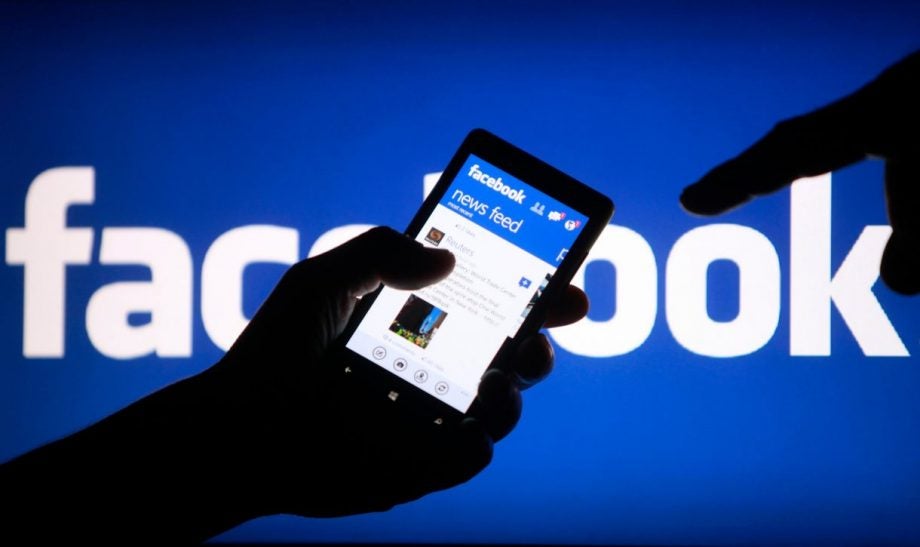Ofcom set to be given social media regulation remit

The government is due to finally reach a verdict on the recommendations of last year’s Online Harms white paper, with Ofcom reportedly set to be given the duty of policing social media platforms.
While the Online Harms legislation is still being drafted, the plan is for the regulator to be responsible for enforcing a soon-to-be-statutory duty of care on social media companies. Ofcom will then be responsible for getting content taken down, and then choosing a punishment to fit the crime if it isn’t, from fines to prosecution. Likely offences are said to include child exploitation, self-harming content and terrorist propaganda.
Related: Best smartphones
It is, to put it mildly, quite a big ask. While Ofcom is already responsible for regulating television and radio broadcasters, with those mediums there is a manageable number of broadcasts to keep an eye on. With the internet, potentially every tweet, reddit post, YouTube video and Facebook meme is up for scrutiny. Stat time: around 82 years’ worth of videos are uploaded to YouTube every day.
Indeed, the original wording was so vague that it could stretch well beyond the Facebooks and Twitters of this world: any website that “allows users to share or discover user-generated content, or interact with each other online.” So your blog with a comments section could be fair game.
In other words, it’s certainly ambitious. But another recent ambitious digital policy was the porn block, which was eventually jettisoned after a number of delays – something that plenty of experts warned was the likely outcome from the get go.
Related: Porn Block UK: Everything you need to know
Like the much-critiqued porn block, it also potentially leaves itself open to geographical limitations. If something is considered illegal in the UK but fine in, say, Australia, then using a VPN to pretend a computer is on the other side of the world is pretty trivial.
Despite the fairly obvious issues, for now this seems to be the plan, first revealed by the FT. Digital Secretary Baroness Nicky Morgan told the BBC: “There are many platforms who ideally would not have wanted regulation, but I think that’s changing. I think they understand now that actually regulation is coming.”
The full plans are set to emerge this week, so we should know just how workable (or not) they are very soon.


